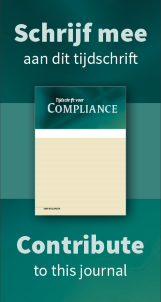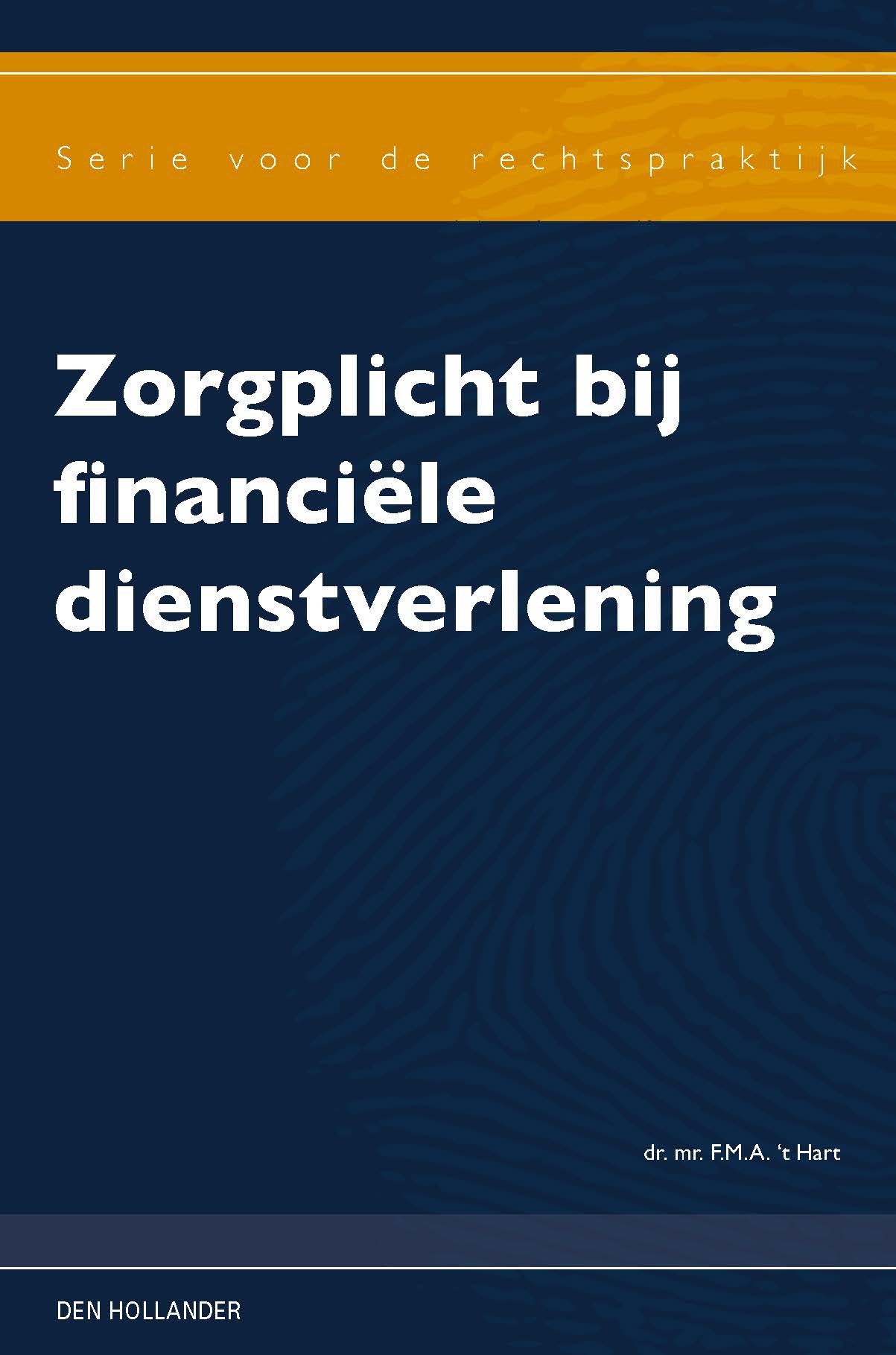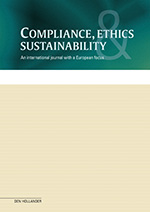Effective anti-corruption: the key to sustainable ESG practices
Linda Schut1Artikel kopen € 79,00 excl. BTW
In plaats van abonneren kunt u dit artikel ook afzonderlijk kopen.
Corruption poses a significant threat to economies, democratic processes and societal trust. It can also undermine ESG initiatives by distorting competition and nurturing unethical behaviour. The Corporate Sustainability Reporting Directive ("CSRD") mandates transparency in ESG practices, including anti-corruption measures. This includes reporting on measures implemented to prevent, detect and respond to allegations of corruption, as well as the number of incidents that occurred. Ideally, forcing organisations to become more transparent about (the effect of) their anti-corruption efforts, their overall approach improves. After all, continuing a half-hearted approach is more difficult when Europe is watching. While ESG reporting aims to promote ethical behaviour, it may also incentivise corruption if not responsibly managed. Corruption or other irregularities may arise in situations where interests are high and decision-making lies with a selected group of individ...
U heeft op dit moment geen toegang tot de volledige inhoud van dit product. U kunt alleen de inleiding en hoofdstukindeling lezen.
Wanneer u volledige toegang wenst tot alle informatie kunt u zich abonneren of inloggen als abonnee.




